This habit seems harmless, but it can cause damage to pipes and drainage systems, affecting both the economy and the environment.
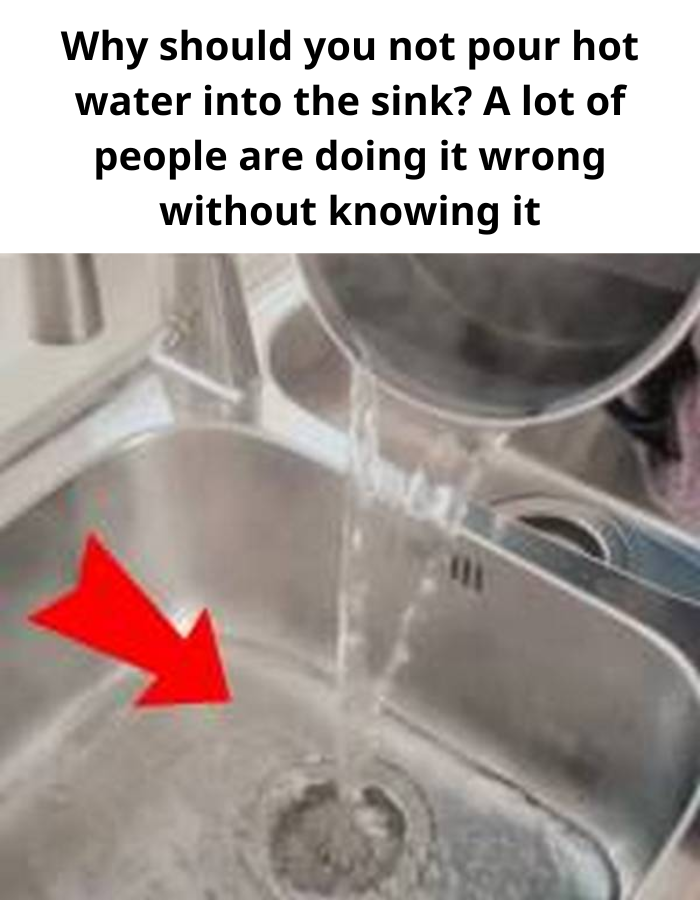
Harmful effects of pouring hot water into the sink
Causes aging of drainage pipes
Unlike before, sink drain pipes were often made of metal, but now they have been replaced by plastic pipes that can withstand high temperatures. Therefore, discharging hot water many times will cause the pipe to age to a certain extent, which in the long run will affect the lifespan of the drainage pipe. This leads to damage, causing you to spend more money on repairing and replacing drainage pipes.
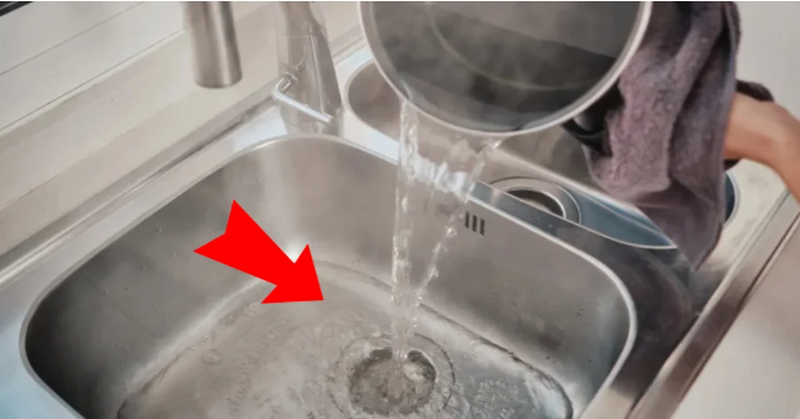
The drainage pipe is deformed and easily cracked
The heat resistance of drain pipes also varies depending on the material used to make the drain pipe. If your family is using PVC drainage pipes, be careful because some types cannot withstand temperatures above 60 degrees. Therefore, if you pour vegetable broth or vegetable blanching water at about 90 degrees, it will cause the pipe to be deformed due to heat, even crack or explode.
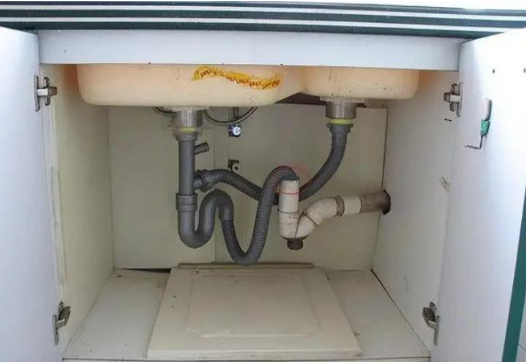
How to protect the kitchen sink drainage system
Below are 3 ways to protect your sink drainage system recommended by experts at Magnet, according to The Mirror.
Invest in more trash filters
Most kitchen sinks will be equipped with a filter to prevent large chunks of food or grease from flowing into the pipes, but installing a larger filter is a great option to ensure pipes don’t become clogged. blockage.
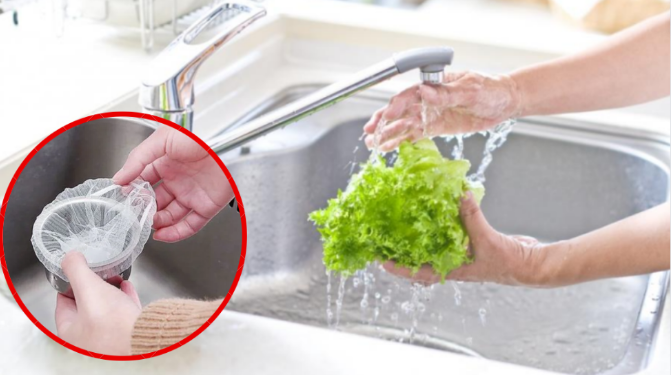
Put leftover food in the trash before washing
It may seem practical to simply rinse off small clumps of food left on plates and dishes before cleaning, however, even the smallest clumps of food cause blockages because over time they can build up. large amounts of food in the drainage system. To avoid this, simply throw any leftover food from plates and utensils into the trash instead of pouring it down the sink.
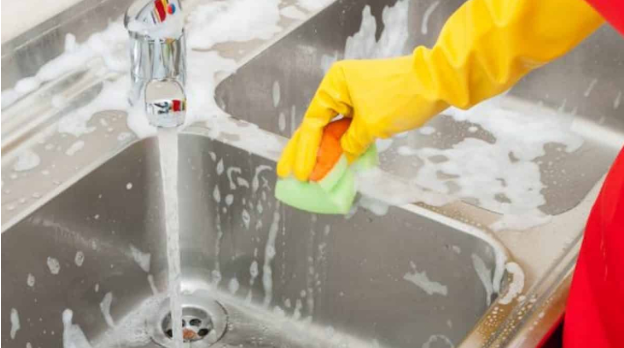
Regularly clean sinks and drains
If you notice a change in your drainage system, regularly clean your sink and drain with a proven safe cleaner.